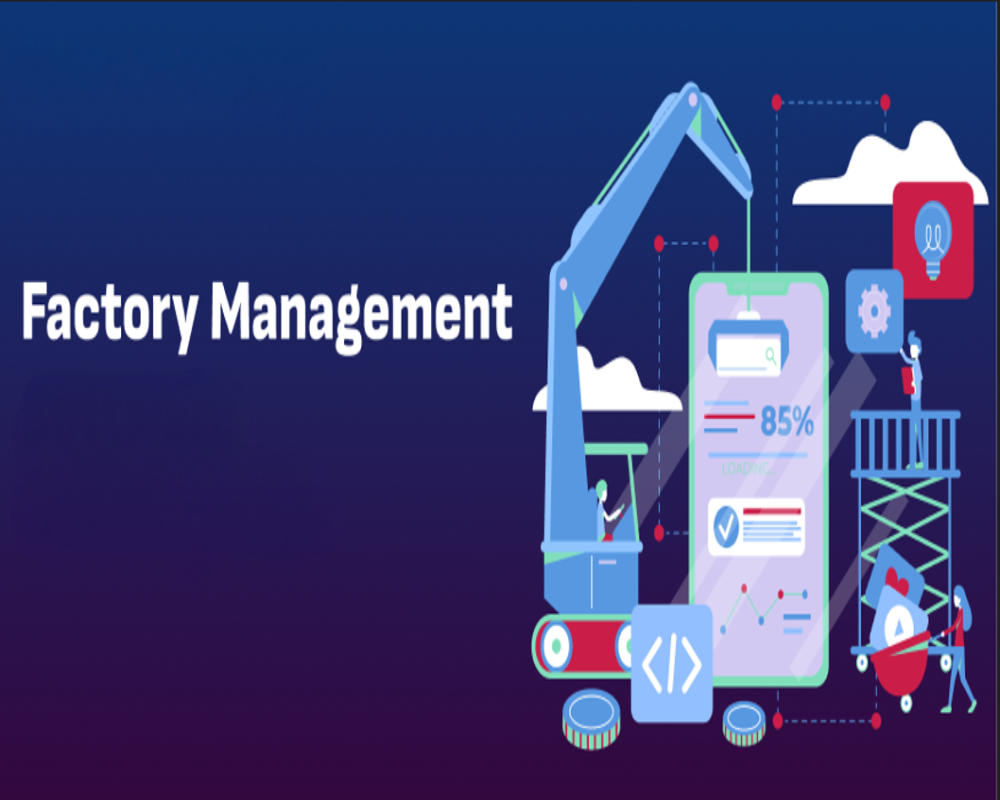Introduction
Factory management plays a crucial role in ensuring that industrial operations not only meet production goals but also operate within the boundaries of legal and regulatory frameworks. With increasing scrutiny from government bodies, labor departments, environmental agencies, and tax authorities, compliance responsibilities have become an integral part of factory administration. These responsibilities cover a wide range of areas including safety, labor laws, environmental protection, financial reporting, and statutory filings.
Non-compliance can lead to heavy penalties, operational shutdowns, and reputational damage. Therefore, establishing a robust compliance structure within factory management is essential to maintain lawful, efficient, and sustainable operations. This article outlines the key compliance responsibilities that factory managers must fulfill and the strategic importance of embedding compliance into day-to-day operations.
1. Regulatory Awareness and Policy Implementation
a. Understanding Applicable Laws
Factory management must be fully aware of all local, state, and national laws that govern industrial operations. These include:
- The Factories Act, 1948
- Environmental Protection Laws
- Labor welfare legislation
- Taxation laws (Income Tax, GST, TDS)
- Safety and fire regulations
b. Developing Internal Compliance Policies
Factory managers must create and enforce policies that align with these regulations, covering:
- Workplace safety
- Waste management
- Leave and attendance
- Anti-harassment and grievance redressal
2. Labor and Employment Compliance
a. Employee Records and Welfare
- Maintain accurate records of employee attendance, payroll, wages, and leave.
- Ensure all employees receive fair wages, bonuses, and overtime payments in line with applicable labor laws.
- Provide statutory benefits such as EPF, ESI, gratuity, and maternity benefits.
b. Working Conditions
- Adhere to regulations regarding working hours, weekly offs, and shifts.
- Ensure clean, ventilated, and safe work environments.
- Implement and monitor workplace safety measures, including mandatory use of personal protective equipment (PPE).
3. Health, Safety, and Environment (HSE) Compliance
a. Safety Protocols
- Conduct regular safety drills and risk assessments.
- Maintain safety equipment and emergency preparedness tools such as alarms, fire extinguishers, and first-aid kits.
b. Environmental Regulations
- Obtain and renew permissions from pollution control boards.
- Ensure waste management systems, effluent treatment, and emission control measures are in place and functioning.
- Submit environmental compliance reports periodically.
4. Statutory Filings and Reporting
Factory management is responsible for ensuring timely and accurate filing of:
- Annual returns under the Factories Act
- Tax returns for income tax, GST, and TDS
- Labor welfare returns (e.g., PF, ESI contributions)
- Audit reports and financial statements (if applicable)
- License renewals for factory operations, fire safety, and hazardous substances
All documentation must be maintained as per regulatory requirements for inspections and audits.
5. Licensing and Permit Management
Factories must operate under valid and up-to-date licenses:
- Factory license under the Factories Act
- Pollution control certificates (Consent to Operate and Consent to Establish)
- Boiler operation permits
- Building plan approvals and fire safety certifications
It is the duty of factory management to track expiry dates and renew permits in a timely manner.
6. Training and Compliance Culture
a. Employee Training
- Conduct training sessions on legal rights, workplace safety, ethical conduct, and reporting procedures.
- Ensure supervisors and middle managers understand their compliance roles.
b. Promoting Compliance Culture
- Establish a compliance officer or internal audit team.
- Encourage transparency and openness in reporting violations.
- Introduce whistleblower mechanisms and regular compliance reviews.
7. Technology and Monitoring Tools
Factory managers should leverage technology to automate and monitor compliance activities through:
- Compliance management software
- Payroll and HRMS systems integrated with statutory portals
- Digital dashboards for license tracking and safety reporting
Automation reduces manual errors and supports timely regulatory submissions.
Conclusion
Compliance is not a one-time task but a continuous responsibility that lies at the heart of effective factory management. From maintaining worker welfare to ensuring environmental sustainability and meeting tax obligations, factory managers must play a proactive role in overseeing and implementing all aspects of regulatory compliance. Establishing a culture of compliance, backed by strong policies, training, and monitoring systems, safeguards the factory from legal risks, improves operational efficiency, and builds long-term trust with stakeholders. As industrial regulations continue to evolve, staying informed and responsive is essential for compliant and resilient factory operations.
Hashtags
#Compliance #FactoryManagement #SafetyFirst #RegulatoryCompliance #ManufacturingExcellence #QualityControl #OperationalEfficiency #RiskManagement #WorkplaceSafety #IndustryStandards #ManagementResponsibilities #ComplianceTraining #FactorySafety #LeanManufacturing #ContinuousImprovement #EmployeeEngagement #SustainableManufacturing #ProcessOptimization #ComplianceCulture #ManufacturingLeadership


